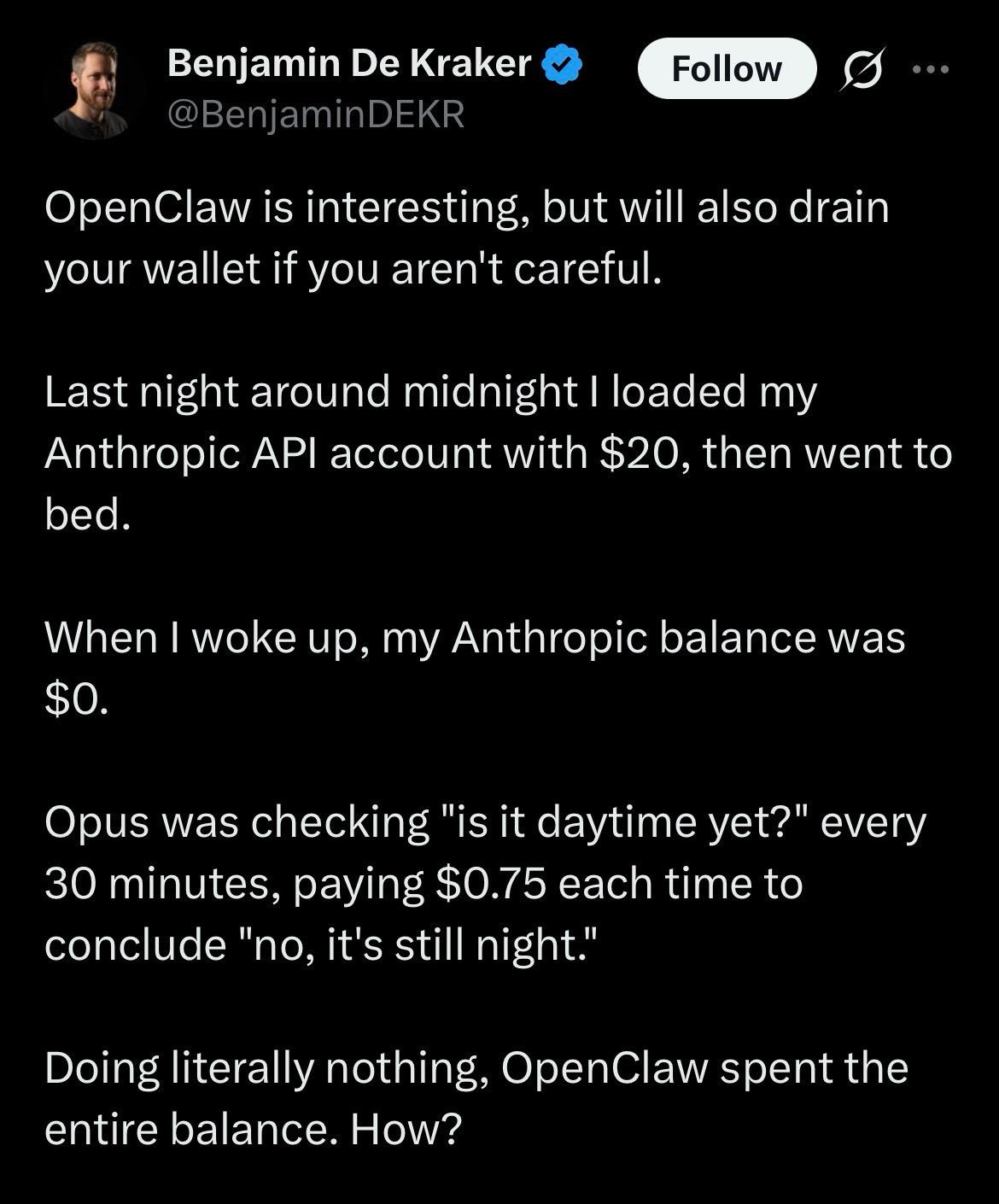The AI Con authors Emily M. Bender (Professor of Linguistics, University of Washington) and Alex Hanna (Director of Research, Distributed AI Research Institute) break down a #NYT opinion piece that exemplifies hype laundering: how AI industry narratives get legitimized through respected voices in prestigious outlets.
The article is "Stop Worrying, and Let A.I. Help Save Your Life" by Dr. Robert Wachter, chair of the Department of Medicine at #UCSF, published in the New York Times on January 19, 2026.
Dr. Wachter admits he's replacing professional medical consultations with colleagues—what physicians call "curbside consults"- with ChatGPT queries. He claims AI's input is "virtually always useful," though he admits it's sometimes "just plain wrong." Emily responds: "People who really should know better have fallen for this." Alex notes the absurdity: "This seems like really a weird kind of approach to medical practice... Maybe someone who is concerned about their different medical conditions and had no place to turn, but someone at UCSF. I've been to UCSF. That's very alarming."
Wachter provides zero peer-reviewed studies, no outcome data, no comparative metrics. Just personal anecdotes claiming the tools work. Emily points out he's demonstrating "no evidence-based practice of checking like how well does this work and also how does it impact the work of physicians when they're using it."
The accountability problem is central. Alex observes that with a human colleague, "you would actually know it's coming from them and there's some accountability if they give you some just wild advice." With LLMs? No one is responsible when the answer is wrong. Emily: "The point isn't that the answers are unreliable. Is that there's no accountability for the answers."
She also raises automation bias concerns: "If you review the output, are you also reviewing the things that you didn't get to because it didn't come out as output?" The system's omissions may be as dangerous as its errors.
Wachter is against "overly restrict[ing] A.I. tools" by "setting an impossibly high bar." Classic regulatory capture language. Emily: "I want all medical devices to be tightly regulated."
https://www.twitch.tv/videos/2687163982 (just the video stream https://d2vi6trrdongqn.cloudfront.net/bc9948ab01f26c79a170_dair_institute_317110603102_1770049612/720p60/index-dvr.m3u8)
https://www.nytimes.com/2026/01/19/opinion/ai-health-medical-care.html
#ChatGPT ( #OpenAI) is #Trump's biggest donor, and #ICE uses ChatGPT. It's time to quit. http://quitgpt.org/





